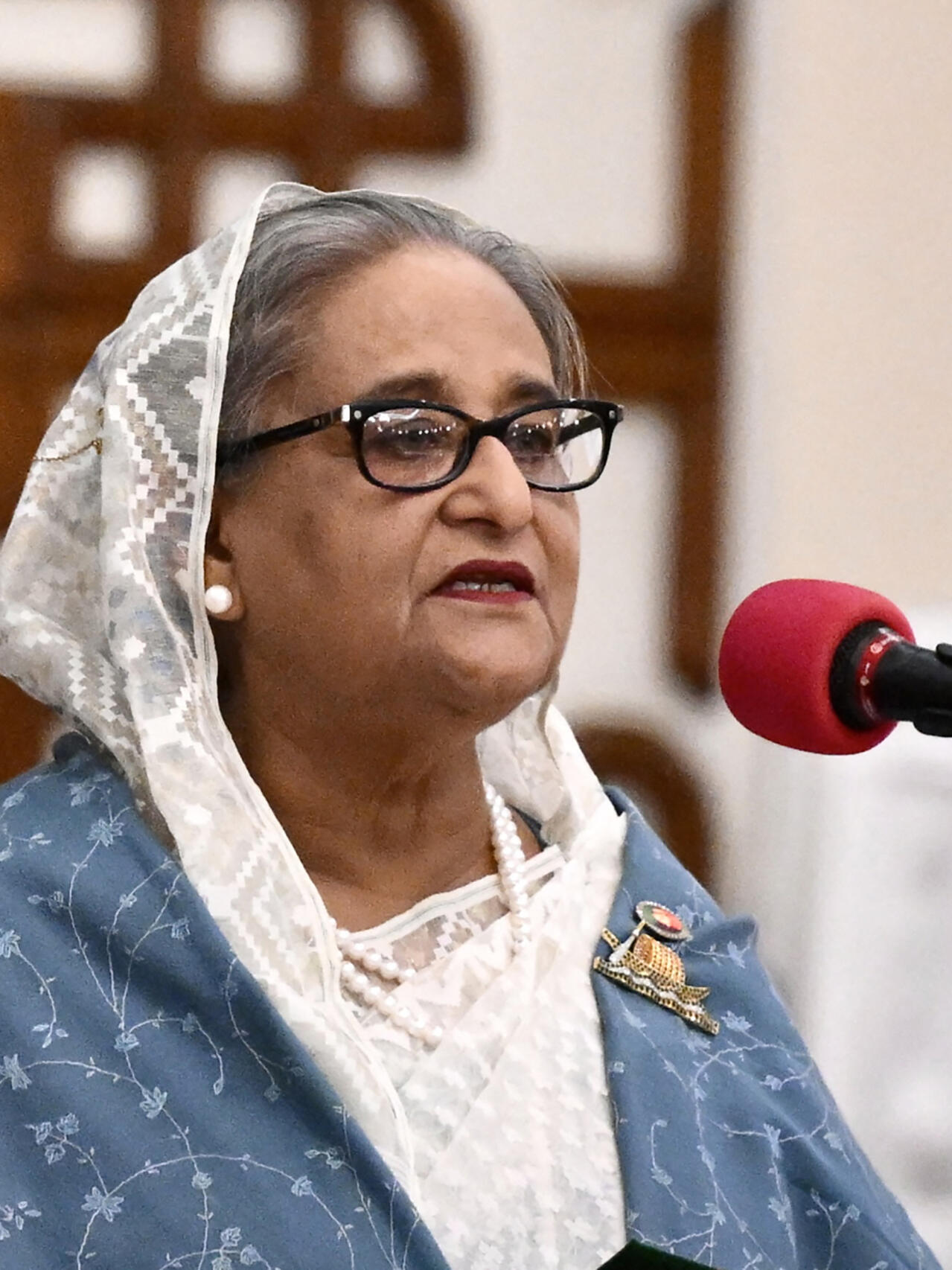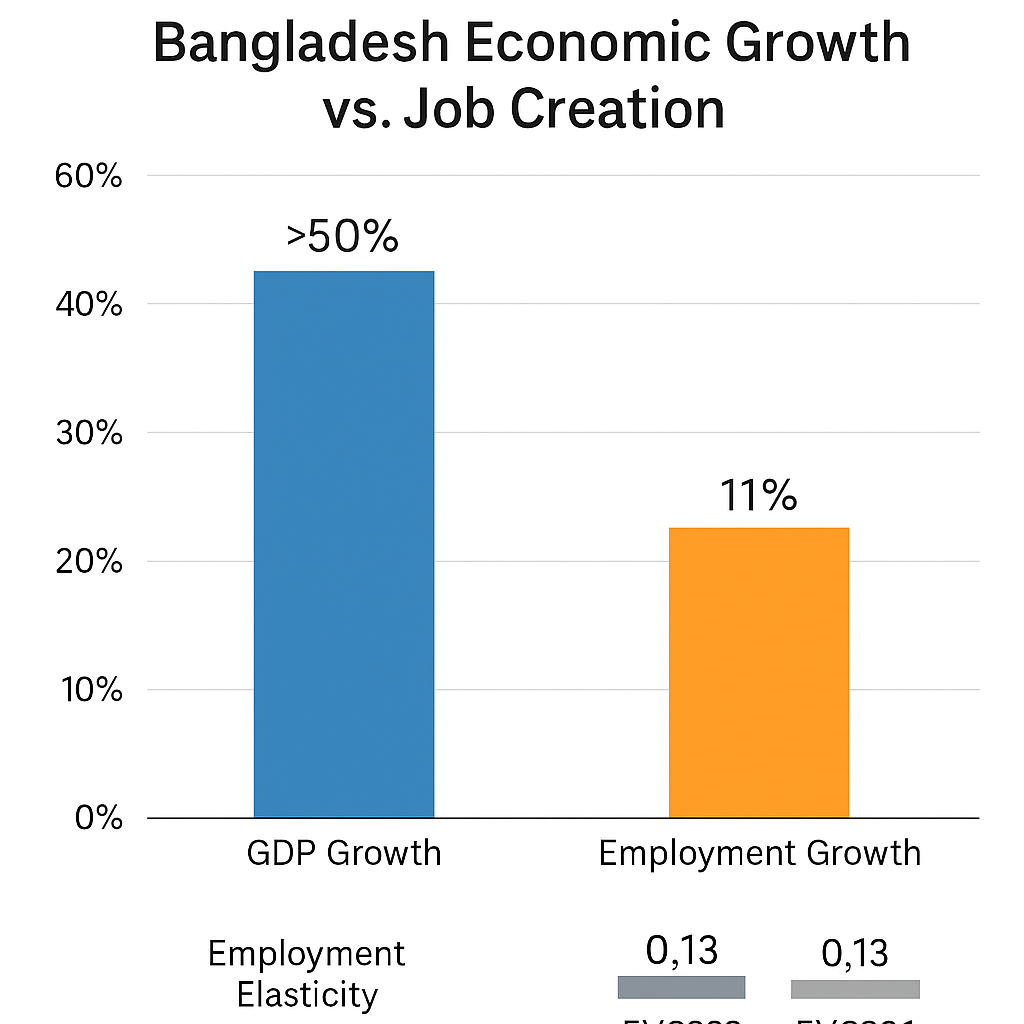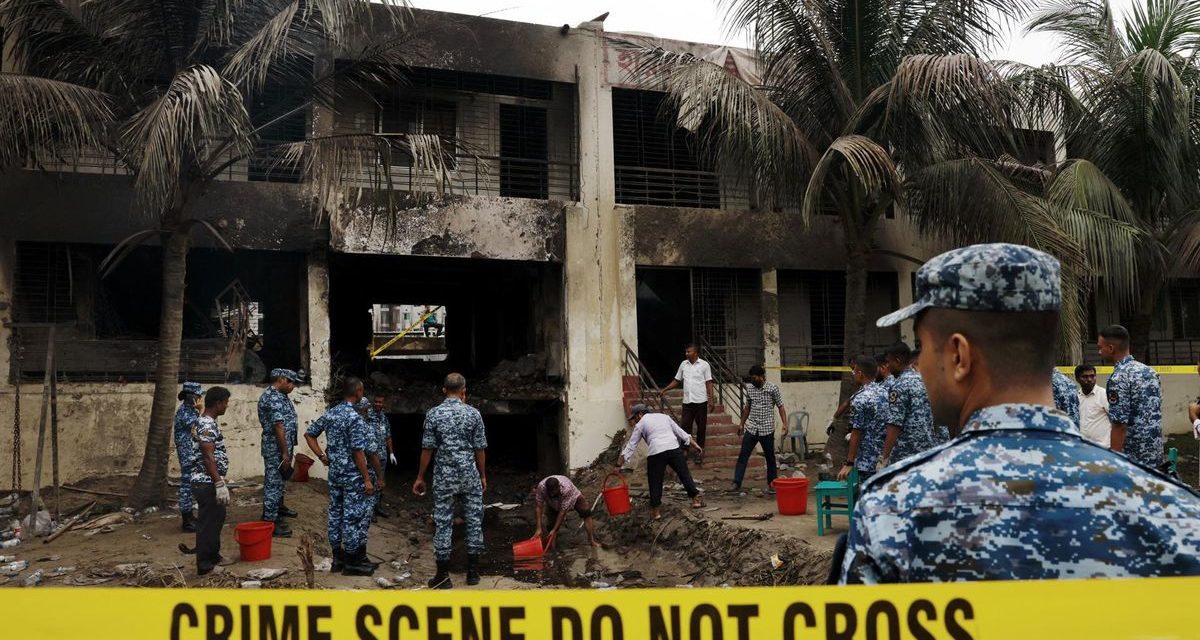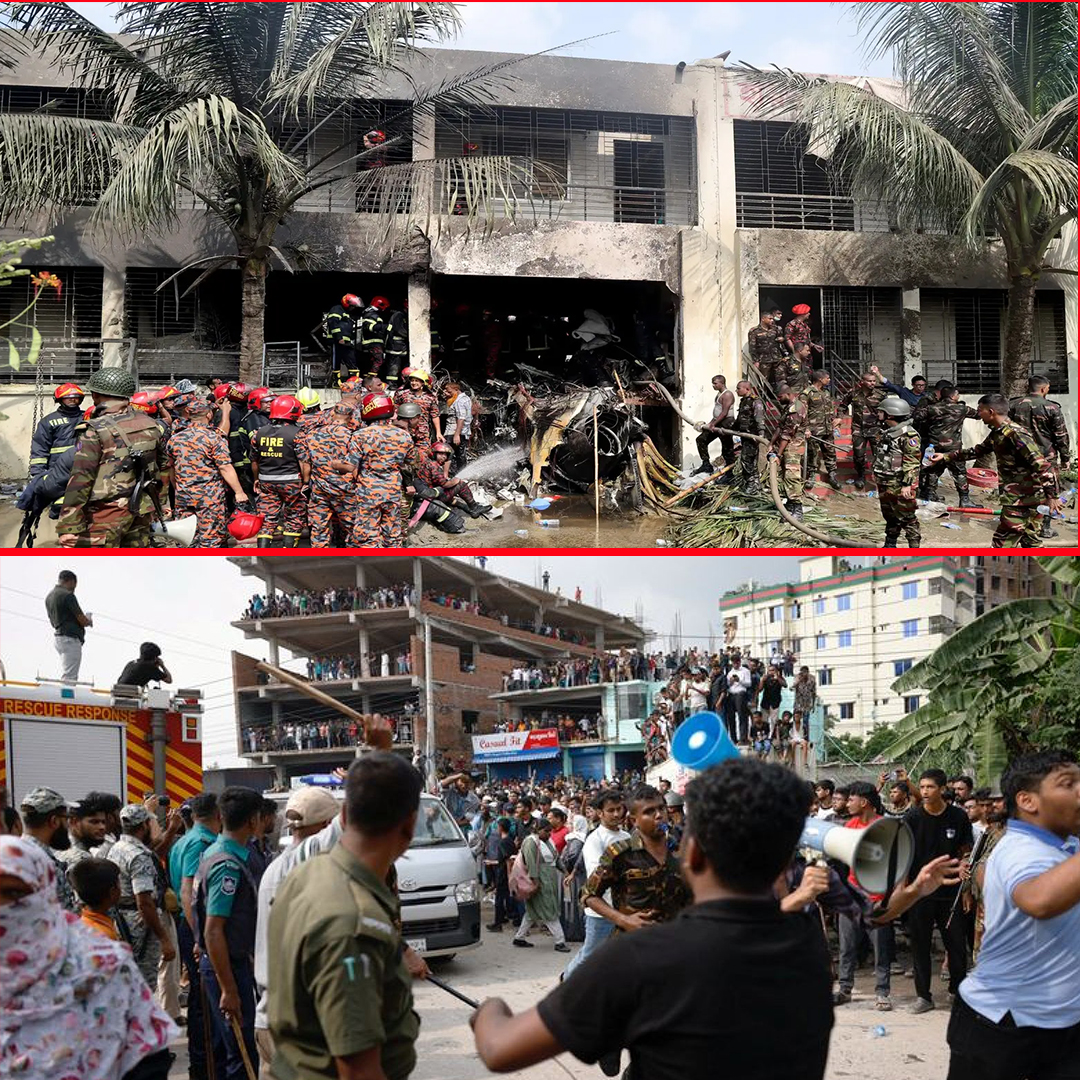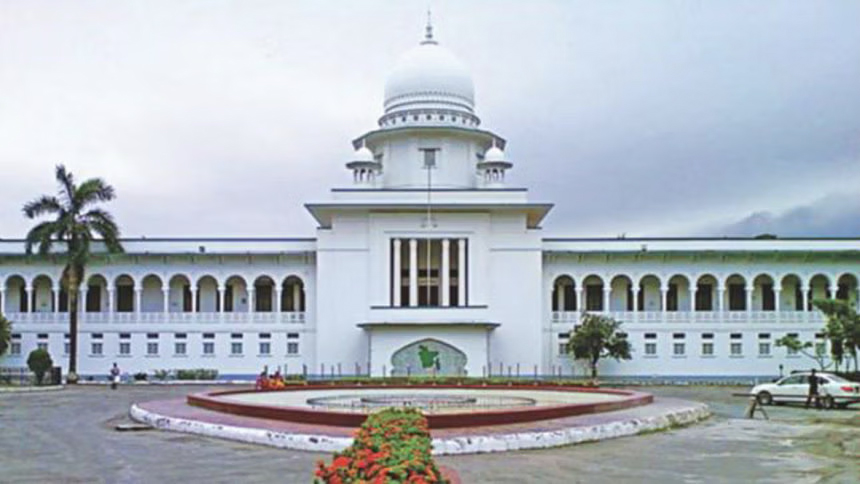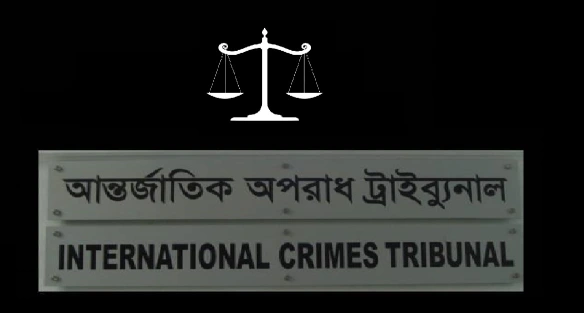
Formal charges filed against police, university officials, and political activists mark a critical step in the Abu Sayed murder case, nearly a year after his death during the 2024 quota reform protests.
The International Crimes Tribunal-2 in Bangladesh has officially received formal charges in the widely discussed Abu Sayed murder case, a major legal development tied to the tragic events of July 16, 2024, when Abu Sayed, a student at Begum Rokeya University, was fatally shot during the quota reform protests in Rangpur. On June 30, 2025, prosecutor Gazi Md H Tamim submitted the charge sheet to the ICT registrar’s office, marking a significant step toward justice nearly one year after the killing shocked the nation. According to investigators, as many as 30 individuals have been formally accused of involvement in the targeted murder, including several prominent figures from both academic and law enforcement backgrounds. Among the accused are former Rangpur Metropolitan Police commissioner Md Moniruzzaman and former deputy commissioner Abu Maruf Hossain, both of whom held senior command roles during the incident. Also named in the charge sheet are acting vice-chancellor of Begum Rokeya University Professor Hasibur Rashid, university proctor Shariful Islam, former police officers ASI Amir Hossain and constable Sujan Chandra Roy, and local Chhatra League leader Imran Chowdhury Akash. These high-profile inclusions in the formal charge sheet have drawn considerable attention from the public, media, and political commentators, who see the case as a test of accountability in Bangladesh’s justice system, especially in politically sensitive situations. The charges come following a nearly four-month-long investigation by ICT-appointed investigators, who formally handed over their findings to the prosecution on June 26, 2025. This probe included statements from witnesses, analysis of video footage, and forensic reports—all of which collectively led to the preparation of a comprehensive charge sheet. Four of the accused—Shariful Islam, Amir Hossain, Sujan Chandra Roy, and Imran Chowdhury Akash—have already been arrested and are in custody, while law enforcement has issued arrest warrants for the remaining accused, many of whom are reportedly in hiding or untraceable. The tribunal bench, led by Justice Md Nazrul Islam Chowdhury, alongside Justice Md Manjurul Bashid and Justice Nur Mohammad Shahriar Kabir, is expected to schedule the first hearing in the coming days, which will determine whether the charges are admissible and if the case will proceed to full trial. The killing of Abu Sayed triggered widespread outrage across the country last year. He was an active participant in the nationwide quota reform movement that demanded fair recruitment processes for government jobs and was part of a peaceful demonstration when the fatal shooting occurred. Video and photographic evidence captured during the event showed police presence and alleged involvement of political elements, including members of the ruling party’s student wing. Human rights groups and student organizations nationwide demanded an impartial investigation, fearing that political influence might derail the justice process. The submission of formal charges has been welcomed as a step in the right direction, though many remain cautious about whether the judicial process will be allowed to unfold independently. Legal experts have stated that the inclusion of both university officials and law enforcement officers in the list of accused sets a strong precedent in the fight against impunity, particularly in cases involving state-backed institutions. The fact that senior police officials and academic authorities are being held accountable is seen by many as a sign of growing institutional maturity and adherence to the rule of law. According to sources within the prosecution team, the murder charges are based on direct evidence that connects the accused to either active involvement in the shooting or direct complicity through orders, logistical support, or the willful neglect of duty. Prosecutor Gazi Md H Tamim stated that the tribunal now holds sufficient material to begin formal proceedings and that justice for Abu Sayed is now in the hands of the judicial system. The ICT’s acceptance of the charges comes at a time when public confidence in judicial independence is being critically watched, especially in cases involving political and institutional figures. Rights activists have noted that this case could become a benchmark for how Bangladesh handles politically complex human rights violations. The legal community also sees this as a high-profile case that could impact future accountability for campus violence, student politics, and state-citizen relations. If the charges are accepted in the preliminary hearing, a full trial will commence, during which prosecution and defense teams will present their evidence, witnesses, and arguments. The verdict, when delivered, could lead to severe penalties under existing criminal laws, including life imprisonment or even the death penalty, depending on the gravity of individual involvement. Families of the accused, as well as supporters, have maintained that some of the allegations are politically motivated, while others have accepted that the process must go through proper legal channels. The family of Abu Sayed has expressed cautious optimism, stating that they want justice through the legal system and not through vengeance or media trials. As the nation watches closely, this case could not only deliver justice for a slain student but also reshape how future political and institutional crimes are investigated and prosecuted in Bangladesh.
source : thedailystar


